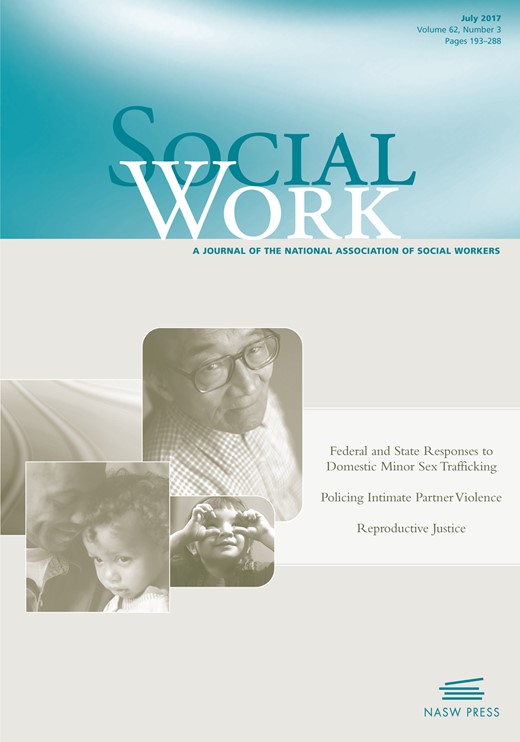-
Views
-
Cite
Cite
M. Alejandra Acuña, Sheryl Kataoka, Family Communication Styles and Resilience among Adolescents, Social Work, Volume 62, Issue 3, July 2017, Pages 261–269, https://doi.org/10.1093/sw/swx017
Close - Share Icon Share
Abstract
Some adolescents manage to be resilient, whereas others develop posttraumatic stress disorder (PTSD) symptoms after experiencing trauma, but the mechanisms underlying these differences are unclear. Public secondary school students (N = 98) referred for counseling completed questionnaires assessing exposure to stressful events, family communication, and PTSD. Seventy percent of the sample reported PTSD symptoms in the clinical range. Open family communication was negatively associated with female gender, problem family communication (PFC), and PTSD symptom severity. PFC was positively associated with female gender, number of stressful events, and PTSD symptom severity. Family storytelling style had a negative association with age, PFC, and avoidance symptoms. In the full regression model only the number of life events and PFC appeared to have an independent effect on PTSD symptom severity. Results indicate that exposure to stressful life events and poor family communication are associated with increased risk for PTSD symptoms. Findings may be useful in family-focused approaches to treating adolescents with trauma histories and highlighting the importance of PTSD screening in school-based counseling.





